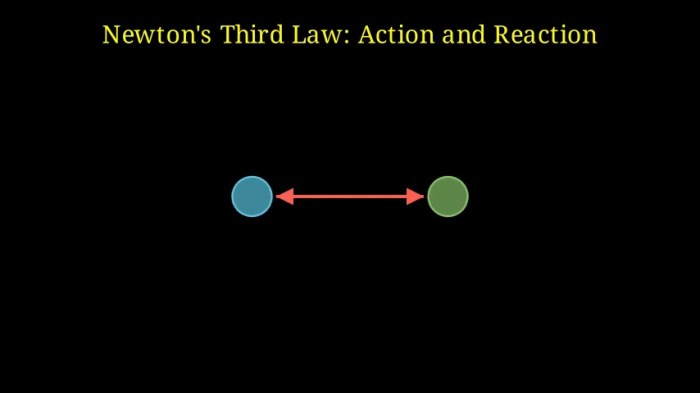New car vs used car: which is better? This is a question that stirs up a lot of debate among car buyers. Whether you’re a first-time buyer or looking to upgrade, the decision between a shiny new ride and a budget-friendly pre-owned vehicle involves a lot more than just the sticker price. From reliability and maintenance to the latest tech features and environmental impacts, each option has its pros and cons. Let’s dive into the details to help you decide which car might be your best fit.
When considering the cost, new cars often come with higher initial prices and depreciation rates but offer warranties and the latest tech, while used cars can save you money upfront and have slower depreciation, but may lack modern features and require more maintenance. Understanding these factors is crucial in making an informed decision.
Cost Comparison: New Car Vs Used Car: Which Is Better?
In the world of car buying, understanding the costs associated with new and used vehicles is crucial for making an informed decision. The initial purchase price often grabs attention, but long-term ownership costs, such as insurance and maintenance, also play a significant role in determining the better option.
The initial purchase price of new cars is typically higher than that of used cars. For instance, a brand-new sedan might cost around $25,000, whereas a used model from a few years back could be found for roughly $15,000. However, the long-term ownership costs differ. New cars generally come with warranties that cover maintenance for the first few years, while used cars often require repairs sooner, which can add to their overall cost.
In terms of financing, new cars may have lower interest rates and better loan terms due to manufacturer incentives. For example, a dealership might offer 0% financing for qualified buyers on a new car, while used car loans often come with higher interest rates. This difference can significantly impact the total amount paid over time.
Reliability and Maintenance
Reliability is a key consideration when choosing between new and used cars. New cars are typically associated with lower average maintenance costs and higher reliability ratings. According to data from J.D. Power, new vehicles have a reliability score of around 85% compared to about 75% for used cars.
Warranties for new cars provide peace of mind, often covering major repairs for three to five years. In contrast, used vehicles may lack comprehensive warranty coverage, making vehicle history reports crucial. These reports can reveal important details about a used car’s past, including accidents and service records, which can directly affect its reliability.
Technology and Features, New car vs used car: which is better?
One of the most appealing aspects of new cars is the incorporation of the latest technology and safety features. Innovations such as advanced driver-assistance systems (ADAS), improved fuel efficiency technologies, and enhanced infotainment systems are often exclusive to newer models. For example, new cars frequently come equipped with features like adaptive cruise control, lane-keeping assist, and expanded connectivity options, which can significantly enhance the driving experience.
In comparison, older vehicles may lack these advancements, which can contribute to less fuel efficiency and fewer safety features. The benefits of modern technology not only improve comfort but also help reduce emissions, making new cars a more eco-friendly choice.
Environmental Impact

The environmental implications of purchasing new versus used cars are significant. New cars tend to have lower emissions and improved fuel efficiency standards, which contribute to a cleaner environment. For instance, the average emissions from new vehicles have decreased by about 30% over the past decade due to stricter regulations and advancements in technology.
On the other hand, extending the lifecycle of used cars also has sustainability benefits. By keeping a used vehicle on the road longer, consumers can reduce the demand for new car production, which is resource-intensive. This approach helps mitigate the environmental impact associated with manufacturing new vehicles.
Depreciation Factors
Depreciation is a crucial factor in the cost of car ownership. New cars typically lose value rapidly, with some models depreciating by as much as 20% in the first year alone. This steep decline in value means that new car buyers may find themselves upside down on their loans if they need to sell or trade in their vehicles shortly after purchase.
In contrast, used cars generally experience slower depreciation, making them a more appealing financial investment. Certain models, like the Toyota Tacoma and Honda Civic, are known for retaining their value well in the used car market, providing buyers with a better return on their investment over time.
Emotional and Psychological Aspects

The emotional appeal of owning a new car can significantly influence buyer satisfaction. Many consumers experience a sense of pride and excitement when driving a brand-new vehicle. This feeling is often associated with the latest designs, features, and the idea of being the first owner.
In contrast, vintage or classic used cars offer a unique emotional connection that many enthusiasts cherish. The nostalgia and investment in a classic vehicle can provide a sense of identity and community among owners. Personal preferences and lifestyle choices often play a pivotal role in determining whether buyers lean toward new or used cars.
Market Trends and Availability

Current market trends have a substantial impact on the availability of both new and used cars. The ongoing semiconductor shortage has affected new car production, leading to fewer vehicles available at dealerships and driving up prices. This scarcity has resulted in increased interest in the used car market, where buyers often find more options at potentially lower prices.
Economic factors, such as inflation and fluctuating interest rates, also influence buyer preferences. In times of economic uncertainty, consumers may be more inclined to opt for used vehicles, which can provide greater value and lower monthly payments. Additionally, regional availability differences, such as urban areas having more new car dealerships, can sway buyers towards one option over the other based on convenience and accessibility.
Final Wrap-Up
In summary, choosing between a new car and a used car ultimately depends on your personal preferences, budget, and lifestyle. New cars offer the allure of the latest technology and warranties, while used cars provide value and the charm of history. Weighing these factors will lead you to the best option for your needs, ensuring that your next ride brings you satisfaction and joy on the road.